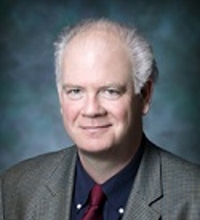Abstract
This paper extends the literature on the evolution of norms with an agent-based model capturing a phenomenon that has been essentially ignored, namely that individual thought—or computing—is often inversely related to the strength of a social norm. In this model, agents learn how to behave (what norm to adopt), but—under a strategy I term Best Reply to Adaptive Sample Evidence—they also learn how much to think about how to behave. How much they’re thinking affects how they behave, which—given how others behave—affects how much they think. In short, there is feedback between the social (inter-agent) and internal (intra-agent) dynamics. In addition, we generate the sylized facts regarding the spatio-temporal evolution of norms: local conformity, global diversity, and punctuated equilibria.
The working papers represent drafts that have been internally reviewed but are not official publications of the Institution.



